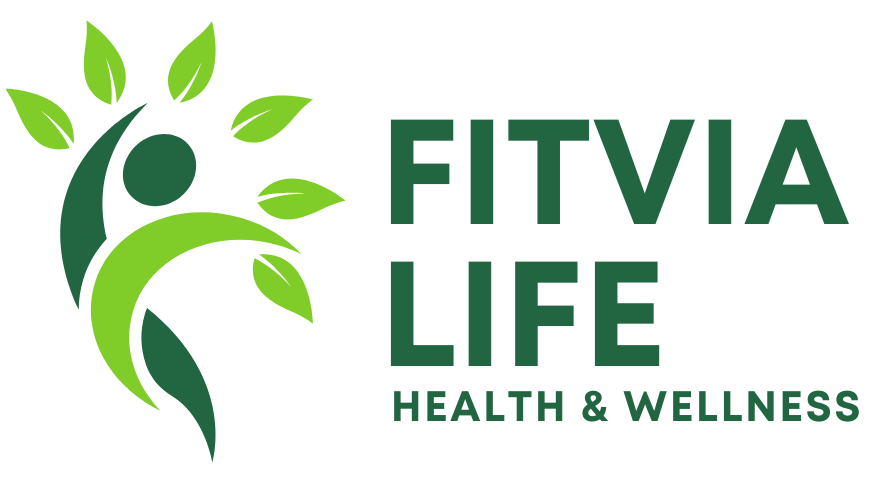Habits are the invisible blueprint of our lives. Whether we realize it or not, the small decisions and actions we repeat every day—our daily habits—shape our future. From brushing your teeth in the morning to checking your phone before bed, your habits determine how you spend your time, manage your energy, and achieve your goals.
What Are Habits?
Habits are automatic behaviors that develop through repetition. Over time, they become part of your routine and require less mental effort to perform. This is why good habits, like exercising or reading, can lead to personal growth, while bad habits, like procrastination or excessive screen time, can hold you back.
The Science of Habit Formation
According to psychologists, habit formation involves a three-step loop: cue, routine, and reward. The cue is the trigger that starts the behavior, the routine is the behavior itself, and the reward is what your brain gets from completing the behavior. Understanding this cycle can help you build positive habits and break negative ones.
Benefits of Good Habits
Developing healthy habits can improve your physical, mental, and emotional well-being. For example:
- Morning routines that include meditation or stretching can increase focus and reduce stress.
- Consistent sleep schedules can improve brain function and mood.
- Healthy eating habits contribute to better energy levels and long-term health.
- Reading daily helps sharpen your mind and expand knowledge.
How to Build New Habits
Creating lasting change starts with small steps. Here are a few tips for building better habits:
- Start small – Begin with manageable actions, like walking 10 minutes a day.
- Be consistent – Repetition is key to turning actions into routines.
- Use reminders – Set alarms or sticky notes to reinforce the habit.
- Track progress – Use a journal or app to keep yourself accountable.
- Reward yourself – Celebrate milestones to stay motivated.
Breaking Bad Habits
Just as you can create good habits, you can also unlearn destructive ones. To break a bad habit:
Identify the trigger and replace the routine with a healthier alternative.
Avoid situations that prompt the habit.
Practice mindfulness to resist urges.
Final Thoughts
Habits are not destiny—but they are powerful. By focusing on building good habits and eliminating the bad ones, you can transform your daily routine, improve productivity, and create a life aligned with your values and goals. Remember, change doesn’t happen overnight, but with dedication and consistency, new habits can lead to long-term success.


